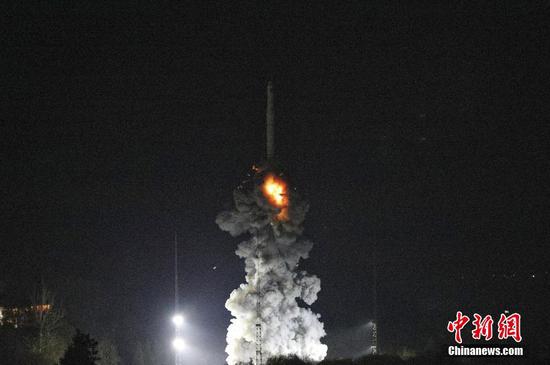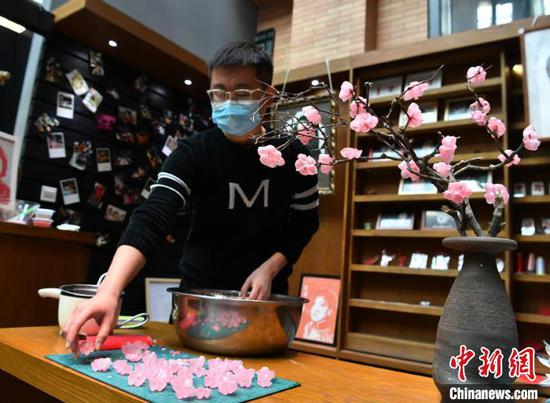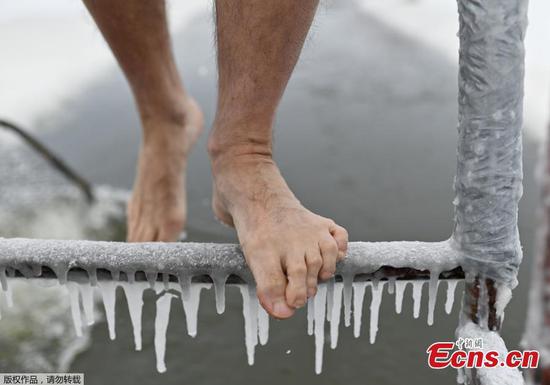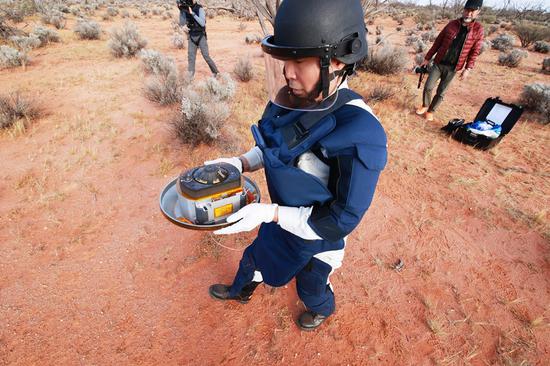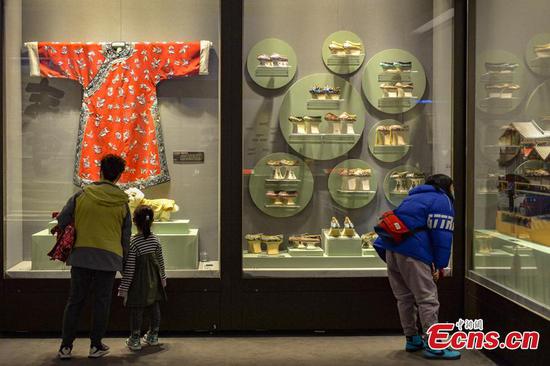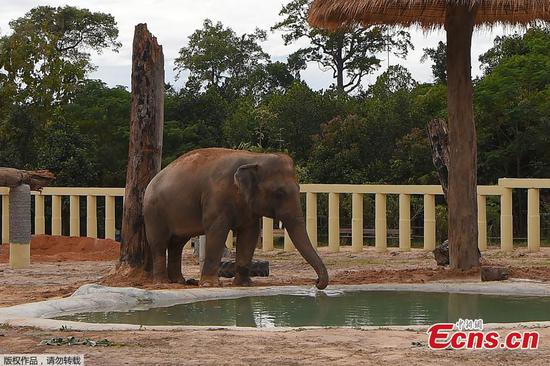China's National Health Commission (NHC) has voiced full support for the "Global Strategy to Accelerate the Elimination of Cervical Cancer" launched by the World Health Organization (WHO).
The document has set three targets to meet by 2030: At least 90 percent of girls fully vaccinated with the human papillomavirus (HPV) vaccine by 15 years of age; 70 percent of women screened using a high-performance test by age 35 and again by 45, and 90 percent of women identified with cervical disease receive treatment (90 percent of women with pre-cancer treated and 90 percent of women with invasive cancer managed).
Cervical cancer is a preventable disease and also curable if detected early and adequately treated, yet it is the fourth most common cancer among women globally, according to a statement from the WHO, noting that without taking additional action, the annual number of new cases of cervical cancer is expected to increase from 570,000 to 700,000 between 2018 and 2030, while the annual number of deaths is projected to rise from 311,000 to 400,000.
In China, the latest data shows that there are about 130,000 new cases of cervical cancer every year, accounting for 28 percent of the global number, and the onset age is also becoming earlier in China.
So far, the HPV vaccines available in China include one domestic and three imported vaccines.
In 2009, China implemented a cervical cancer screening program for rural women into major national public health services and by 2019, more than 120 million cervical cancer examinations were conducted free of charge nationwide.
"Eliminating any cancer would have once seemed an impossible dream, but we now have the cost-effective, evidence-based tools to make that dream a reality," said WHO Director-General Tedros Adhanom Ghebreyesus.











